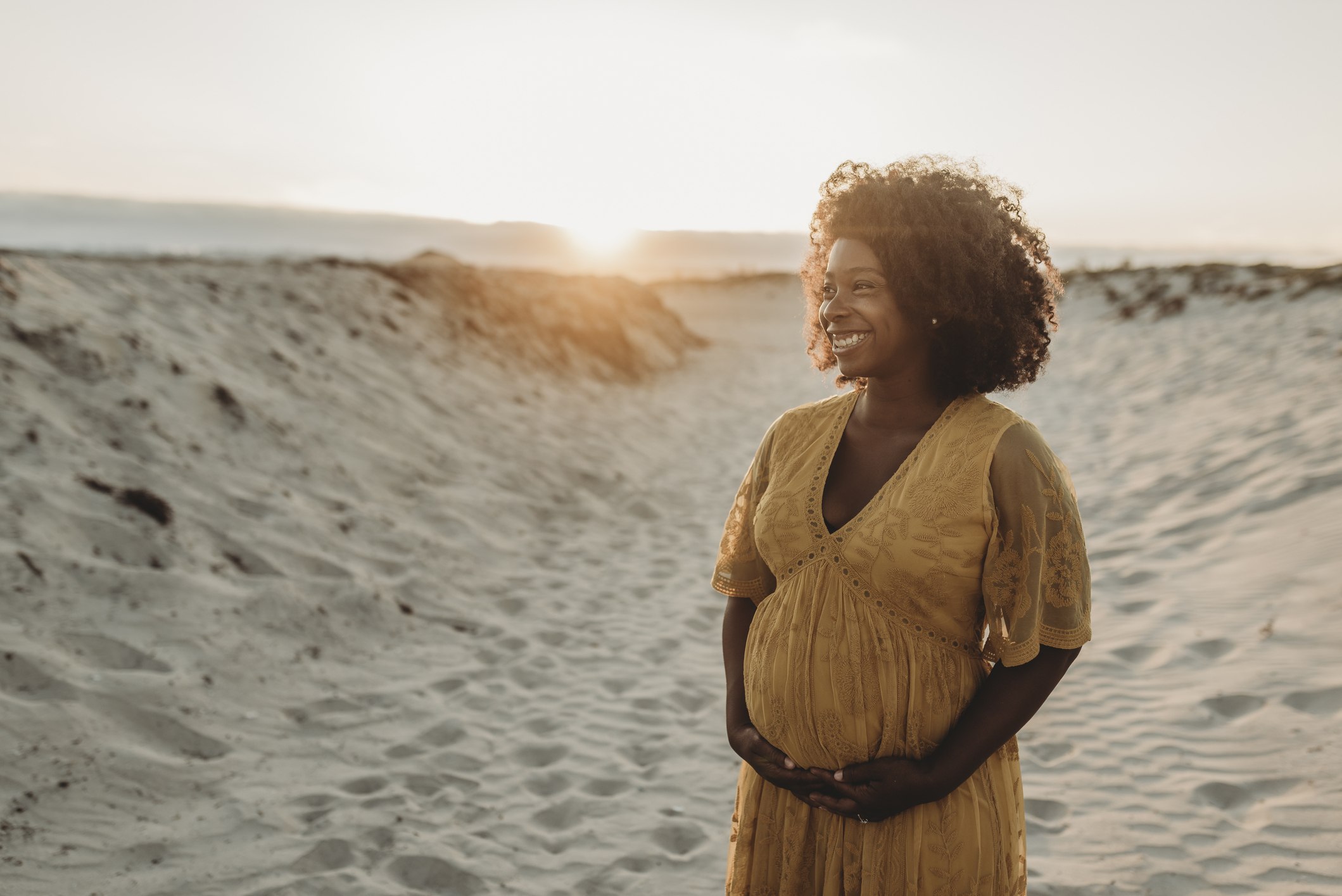Reading time: 5 minutes

What is a babymoon?
A “babymoon” is essentially a honeymoon for expecting parents – a relaxing vacation where you can enjoy some quality couple time before your life is taken over by your bundle of joy.
It's a time for plenty of R&R – forget the high-energy, physically demanding and adventurous holidays and go somewhere you can do yoga, take walks, swim, laze on the beach and maybe even indulge in soothing treatments like prenatal massage.
Here are TID's top tips for having a happy and healthy babymoon.
Babymoon destinations: choosing where to go
Since relaxation is the name of the game, beach destinations like Hawaii, Fiji, and the Cook Islands are popular for babymoons. But some warm-weather destinations are more ideal than others.
Choose a country that is low risk for diseases such as malaria, yellow fever, and Zika, and one which does not require immunisations or preventative treatments such as malaria tablets. Many immunisations are not suitable for pregnant women, so check with your doctor before booking flights to any country that requires vaccinations.
It’s also important to choose a destination that has easy access to good-quality medical care, in the event you become seriously ill or develop complications.
And you might want to avoid Southeast Asian destinations such as Bali and Thailand where the dreaded 'Bali Belly' can be a serious medical threat for pregnant women.
Flying while pregnant
Can you fly when you’re pregnant? In most circumstances, air travel is safe up to 36 weeks of pregnancy. But your doctor might recommend against flying if you’re dealing with any pregnancy complications, such as high blood pressure, diabetes, or a history of miscarriage or preeclampsia, or you’re more than 35 years old and pregnant for the first time. In any case, you should consult with your medical provider before booking your flight.
(Note, many airlines won’t allow you to fly if you’re more than 36 weeks along, or 32 if you’re carrying multiples – and some may restrict travel as early as 28 weeks for international flights.)
Pregnant women are also at greater risk of deep-vein thrombosis when sitting for long periods of time, so be sure to get up and walk around frequently during the flight. But stay buckled up when seated, in case of unexpected turbulence.
Be sure to let the airline know that you are pregnant so they can check their in-flight meal service is safe (ie: no soft cheeses). You should also bring your own snacks just in case. Finally, request an aisle seat near the bathrooms when booking your ticket so toilet trips can be made with ease.
When to take your babymoon
Though every pregnancy is different, for most women, the second trimester is the most pleasant time to travel as their nausea has generally subsided and their bump is still small enough that they can move around comfortably. That doesn't mean women can't travel during the rest of their pregnancy, but it's essential to check any travel plans with a doctor and ensure the airline and travel insurance policy* will cover you at this stage of the pregnancy.
Staying healthy on your babymoon
Stay hydrated
It’s always important to drink plenty of water in warm, sunny climates, but this is especially true if you’re pregnant. You may feel the heat and humidity more acutely when your body is already under the strain of supporting a baby. And dehydration can have a number of negative impacts such as low amniotic fluid levels and increased risk of Braxton-Hicks contractions and urinary tract infections.
Eat smart
Be mindful about what you eat and drink on your babymoon. While many island destinations are very safe, common sense goes a long way. Use bottled water even if you are in an area where it's safe to drink from the tap – sometimes your body can take time to get used to the local water and may be more sensitive to different bacteria.
Food poisoning and diarrhea can be very dehydrating, and there’s also the risk of passing the illness-causing bacteria on to your baby. Avoid eating food that could have been washed in tap water like salad or fruit that you can't peel. Also, if choosing to eat seafood, check that it has been properly refrigerated and is fresh that day. Don't eat seafood that has been laid out on ice all day.
Keep a medical file on hand
It's a good idea to carry maternity notes, just in case you need to be admitted to hospital. Some airlines also require a doctor's certificate from pregnant passengers, so check with your airline when booking.
Travel insurance
We all know that the good times can take a slight detour when travelling. When the going gets tough, Travel Insurance Direct policies may assist with travel insurance cover* to help keep your trip moving in the right direction, so you can refocus on the fun.
The information on this page should not be considered medical advice, you should seek the advice of your doctor.
*Travel Insurance Direct © is a registered trademark of Travel Insurance Direct Pty Limited. Travel Insurance Direct Pty Limited ABN 30 121 659 470 AR305589 is an authorised representative of nib Travel Services (Australia) Pty Ltd (nib) ABN 81 115 932 173, AFS Licence No. 308461 and act as nib's agent and not as your agent. This is general advice only. Before you buy, you should consider your needs, the Product Disclosure Statement (PDS) and Target Market Determination (TMD) available from us. This insurance is underwritten by Pacific International Insurance Pty Ltd, ABN 83 169 311 193. TID is located on Governor Macquarie Tower Level 18, 1 Farrer Place, Sydney NSW, 2000 Australia.